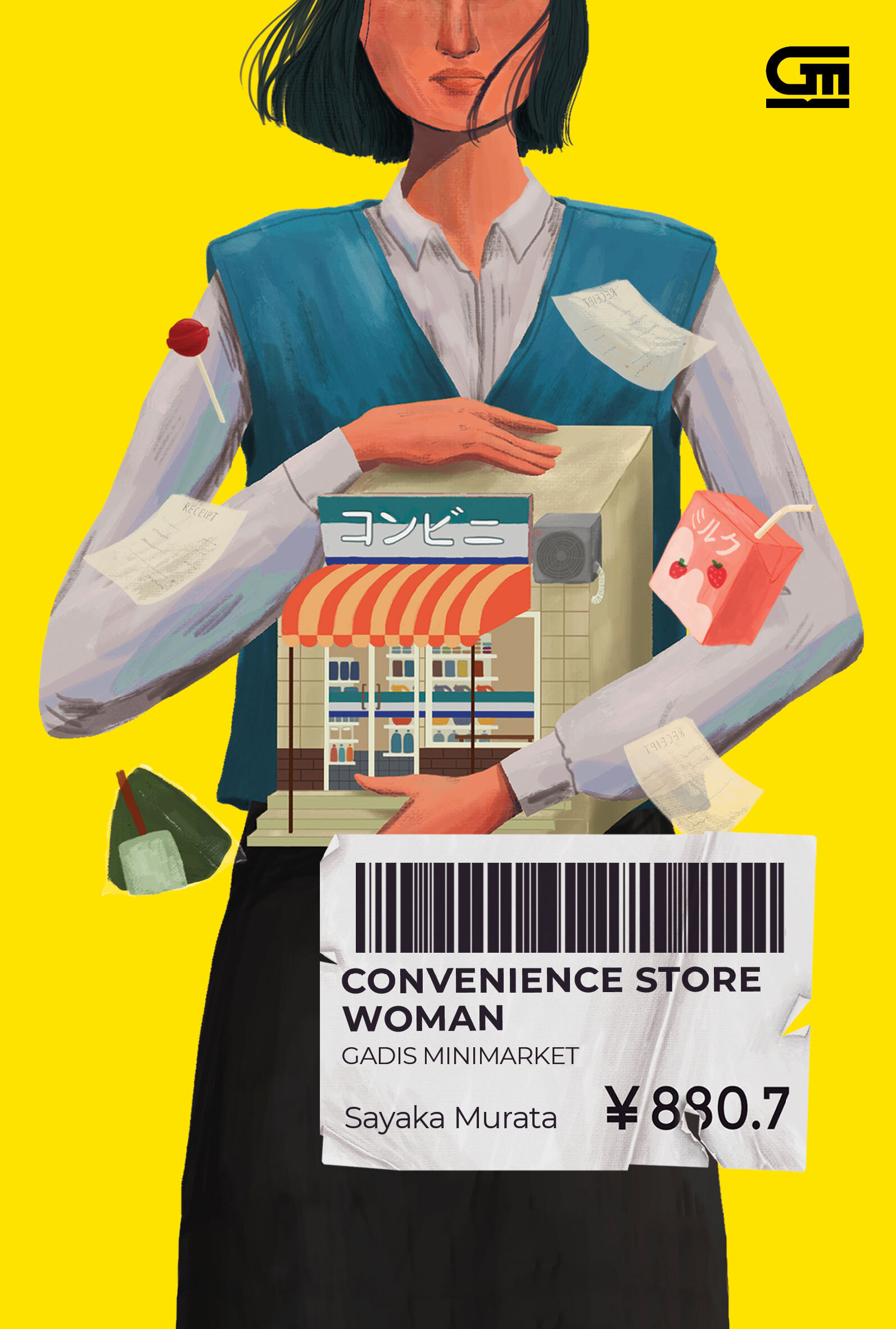

Though there are no two autistic people who are the same, it’s important to note that to a neurodivergent perspective, it is often neurotypicals who seem abnormal. Keiko doesn’t see herself as other it’s the people around her who are strange, unintelligible and confusing. What’s appealing about Muraka’s novel is the emphasis on the character’s lack of situating herself as an outsider.

With her almost obsessive adherence to routines, asocial tendencies, mimicking of other people’s behaviour, and a lack of abilities (and patience) for small-talk or social politeness, many of Keiko’s thoughts and habits could be seen as autistic traits. Though there is always a risk of (mis)diagnosing characters, the ability to make oneself recognised and defined through a fictional mirror can be invaluable. Murata’s novel is primarily read as a story about not conforming to any framework of what a normal life should be, though I think what might bring more nuance to the story is the possibility of Keiko being on the autism spectrum. “For her, normality – however messy – is far more comprehensibleâ€. €œShe’s far happier thinking her sister is normal, even if she has a lot of problems, than she is having an abnormal sister for whom everything is fineâ€, says Keiko about her sister. The systematic and almost ritualised nature of working in the store soothes her, while also disabling her from having to face anything, or anyone, unexpected. Although everyone around her tells her to start a family or work full-time, she is content with her life as it is.

Written in a sharp, unapologetic and seemingly unemotional tone, Sayaka Murata’s 2016 novel, “Convenience Store Woman” (translated to English by Ginny Tapley Takemori), tells the story of Keiko Furukura, a thirty-six-year-old woman who’s been working part-time in the same convenience store for eighteen years. Culture Editor Alex Blank reviews Sayaka Murata’s 2016 novel, “Convenience Store Woman”, and suggests an autistic reading of the text.


 0 kommentar(er)
0 kommentar(er)
